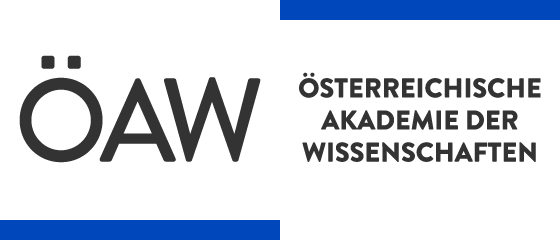Catholics and Anti-Catholicism in Chosŏn Korea / / Don Baker, Franklin Rausch; ed. by Christopher J. Bae.
Korea’s first significant encounter with the West occurred in the last quarter of the eighteenth century when a Korean Catholic community emerged on the peninsula. Decades of persecution followed, resulting in the deaths of thousands of Korean Catholics. Don Baker provides an invaluable analysis of...
Saved in:
| Superior document: | Title is part of eBook package: De Gruyter Asian Studies Contemporary Collection eBook Package |
|---|---|
| VerfasserIn: | |
| HerausgeberIn: | |
| Place / Publishing House: | Honolulu : : University of Hawaii Press, , [2017] ©2017 |
| Year of Publication: | 2017 |
| Language: | English |
| Series: | Hawai'i Studies on Korea
|
| Online Access: | |
| Physical Description: | 1 online resource (328 p.) |
| Tags: |
Add Tag
No Tags, Be the first to tag this record!
|
| Other title: | Frontmatter -- Contents -- Acknowledgments -- Preface -- Notes on the Translated Texts and Romanization -- Part I. The Road to Persecution -- Chapter 1. Korea at the End of the Eighteenth Century -- Chapter 2. Confucian Criticisms of Catholicism -- Chapter 3. The Birth of the Korean Catholic Church -- Chapter 4. A Decade of Hopes and Fears -- Chapter 5. Nationalism and Evaluations of Hwang Sayŏng and His Silk Letter -- Part II. In Their Own Words -- Chapter 6. A Conversation on Catholicism by Sunam Ahn Chŏngbok -- Chapter 7. The Silk Letter of Hwang Sayŏng -- Appendix -- Notes -- Bibliography -- Index |
|---|---|
| Summary: | Korea’s first significant encounter with the West occurred in the last quarter of the eighteenth century when a Korean Catholic community emerged on the peninsula. Decades of persecution followed, resulting in the deaths of thousands of Korean Catholics. Don Baker provides an invaluable analysis of late-Chosŏn (1392–1897) thought, politics, and society to help readers understand the response of Confucians to Catholicism and of Korean Catholics to years of violent harassment. His analysis is informed by two remarkable documents expertly translated with the assistance of Franklin Rausch and annotated here for the first time: an anti-Catholic essay written in the 1780s by Confucian scholar Ahn Chŏngbok (1712–1791) and a firsthand account of the 1801 anti-Catholic persecution by one of its last victims, the religious leader Hwang Sayŏng (1775–1801).Confucian assumptions about Catholicism are revealed in Ahn’s essay, Conversation on Catholicism. The work is based on the scholar’s exchanges with his son-in-law, who joined the small group of Catholics in the 1780s. Ahn argues that Catholicism is immoral because it puts more importance on the salvation of one’s soul than on what is best for one’s family or community. Conspicuously absent from his Conversation is the reason behind the conversions of his son-in-law and a few other young Confucian intellectuals. Baker examines numerous Confucian texts of the time to argue that, in the late eighteenth century, Korean Confucians were tormented by a growing concern over human moral frailty. Some among them came to view Catholicism as a way to overcome their moral weakness, become virtuous, and, in the process, gain eternal life. These anxieties are echoed in Hwang’s Silk Letter, in which he details for the bishop in Beijing his persecution and the decade preceding it. He explains why Koreans joined (and some abandoned) the Catholic faith and their devotion to the new religion in the face of torture and execution. Together the two texts reveal much about not only Korean beliefs and values of two centuries ago, but also how Koreans viewed their country and their king as well as China and its culture. |
| Format: | Mode of access: Internet via World Wide Web. |
| ISBN: | 9780824866297 9783110649826 9783110719543 9783110540550 9783110625264 9783110547764 9783110638936 |
| Access: | restricted access |
| Hierarchical level: | Monograph |
| Statement of Responsibility: | Don Baker, Franklin Rausch; ed. by Christopher J. Bae. |
